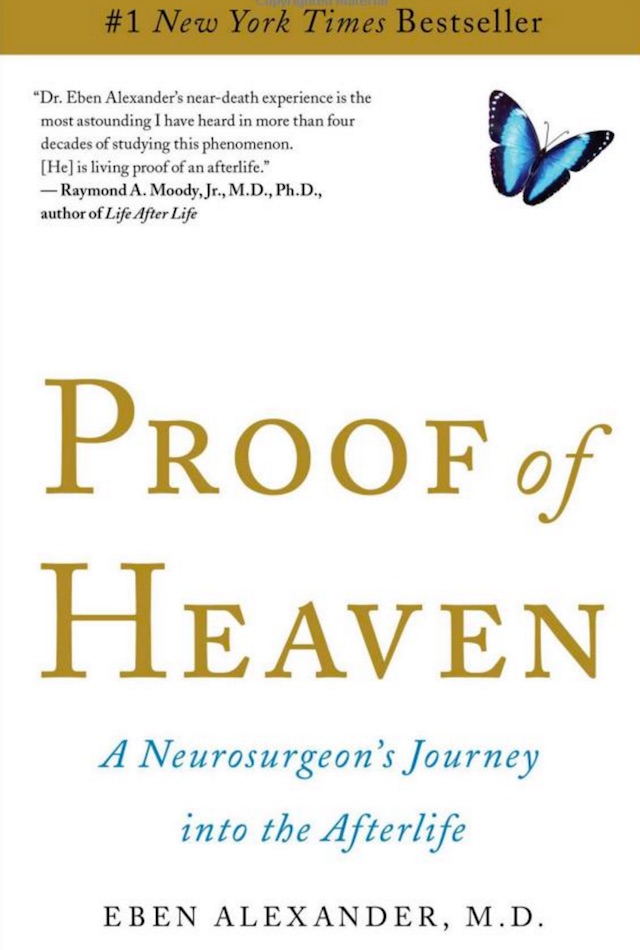It was only a few years ago that your friendly neighborhood writer was regularly critiquing the comic book industry for its unprofessional creators and partisan politics shoehorned into stories. A lot has changed on this blog since then — namely the release of Soulfinder: Demon’s Match and Soulfinder: Black Tide.
Given that, I’d like to share some thoughts on creating comics for anyone who is thinking about taking the plunge.
The indie world is like other endeavors in many ways, in that there are always so-called “experts” who believe they have the definitive roadmap for success. Some creators come from the mainstream industry and charge big bucks for advice. Is it worth it? Overall, the answer appears to be “no.”
First, let us consider some of the advice, both explicit and implicit, floated this way over the years:
- Avoid politics and religion at all costs.
- Add “sex appeal.”
- Creators must have a large YouTube channel or the support of a popular figure on the platform.
- All roads to success go through Indiegogo and Kickstarter.
Now, let us consider the Soulfinder series of combat veterans-turned-exorcists:
- Father Retter and Father Crane are Catholic priests; the books do not shy away from religious issues at all.
- Rosaries are literally sold with Soulfinder books on both the ICONIC Comics and Rugged Rosaries websites.
- Soulfinder focuses almost exclusively on male characters and arguably has zero “sex appeal.”
- My YouTube channel is not large by any means. The series has grown by positive word-of-mouth through the grassroots efforts of readers.
- The Soulfinder: Black Tide launch went directly through ICONIC Comics — http://www.iconiccomics.com — instead of Indiegogo or Kickstarter, and is handily out-pacing the 2019 Soulfinder: Demon’s Match campaign ($33,000) on Indiegogo.
The key to success has far less to do with following a one-size-fits-all blueprint and far more to do with a.) having an objectively good product, b.) creating a clear, concise and personalized definition of success, c.) properly prioritizing important tasks, d.) possessing organizational skills, and e.) having a willingness to take calculated risks.
Readers generally don’t care if politics or religion works its way into stories — provided the author isn’t condescending, rude, or willing to sacrifice good storytelling for partisan (i.e., predictable) propaganda.
Similarly, the man who promotes heroism and virtue in a digital world of vacuous eye candy can do well for himself if he plays his cards right.
One way to stand out from a crowd is to zig while everyone else zags, but doing that requires a certain level of discernment. The more mastery a creator has over smaller and seemingly mundane tasks (e.g., budgeting), the more likely it is that he or she will have an accurate assessment of the “bigger picture” challenges that may be addressed through the aforementioned calculated risks.
If you’re looking to see evidence of this approach in action, then please head to ICONIC Comics and check out Soulfinder: Demon’s Match (2019) and Soulfinder: Black Tide (2021), along with the ongoing Kamen America and Black Hops series by Timothy Lim and Mark Pellegrini.
ICONIC Comics is where you can find creators who are always looking to glean valuable lessons from the successful campaigns of others, yet open to forging their own path when it may be appropriate.
With that said, I’d love to hear your thoughts on creating indie comics. Share your feedback in the comments section below, and please consider spreading the word about Soulfinder if you’ve appreciated the art and storytelling in the first two volumes.













